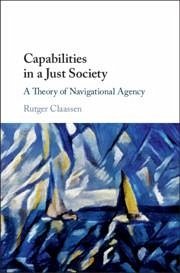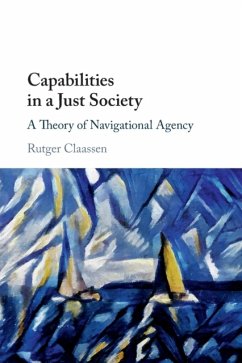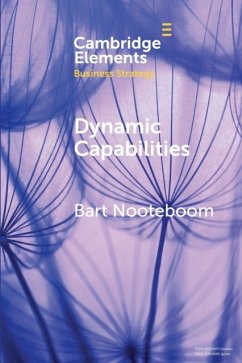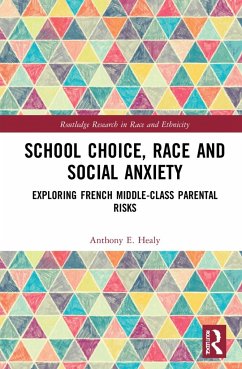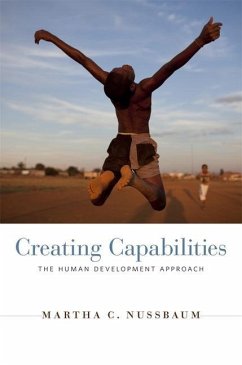
Social Choice, Agency, Inclusiveness and Capabilities
Versandkostenfrei!
Versandfertig in über 4 Wochen
121,99 €
inkl. MwSt.
Weitere Ausgaben:

PAYBACK Punkte
61 °P sammeln!
Human development and Amartya Sen's capability approach have become of great interest to development scholars from different disciplines, however few books have explored the links between social choice and human development issues. This book fully explores the relevance of social choice to human development.






